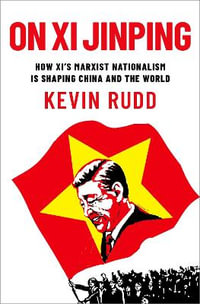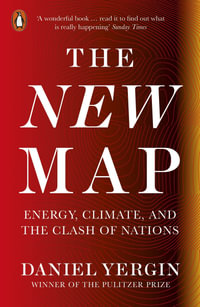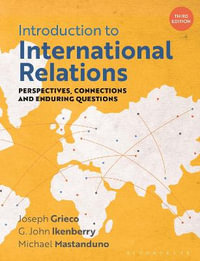
Conventional Deterrence
The Memoir of a Nineteenth-Century Parish Priest
Paperback | 21 August 1985
At a Glance
Paperback
RRP $57.25
$54.50
ISBN: 9780801493461
ISBN-10: 0801493463
Series: Cornell Studies in Security Affairs
Published: 21st August 1985
Format: Paperback
Language: English
Number of Pages: 296
Audience: General Adult
For Ages: 18+ years old
Publisher: CORNELL UNIV PR
Country of Publication: US
Edition Type: New edition
Dimensions (cm): 23 x 15 x 1.5
Weight (kg): 0.47
Shipping
| Standard Shipping | Express Shipping | |
|---|---|---|
| Metro postcodes: | $9.99 | $14.95 |
| Regional postcodes: | $9.99 | $14.95 |
| Rural postcodes: | $9.99 | $14.95 |
How to return your order
At Booktopia, we offer hassle-free returns in accordance with our returns policy. If you wish to return an item, please get in touch with Booktopia Customer Care.
Additional postage charges may be applicable.
Defective items
If there is a problem with any of the items received for your order then the Booktopia Customer Care team is ready to assist you.
For more info please visit our Help Centre.
You Can Find This Book In
This product is categorised by
- Non-FictionPolitics & GovernmentInternational RelationsArms Negotiation & Control
- Non-FictionReference, Information & Interdisciplinary SubjectsInterdisciplinary StudiesGeneral Studies
- Non-FictionReference, Information & Interdisciplinary SubjectsEncyclopaedias & Reference Works
- Non-FictionWarfare & Defence
- BargainsNon-Fiction BargainsMilitary Book Bargains
- BargainsAcademia & Knowledge Bargains























